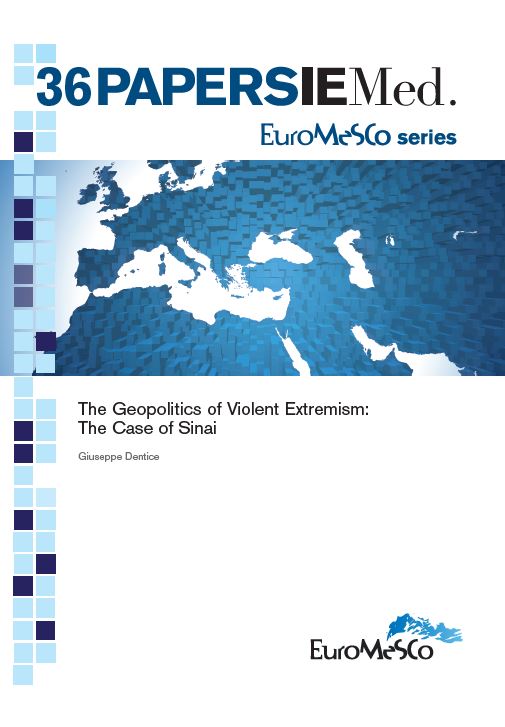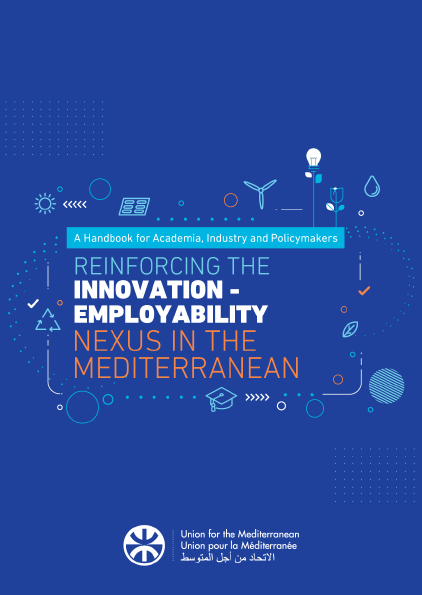EuroMeSCo Series: The Geopolitics of Violent Extremism – The case of Sinai

After the fall of Mubarak in 2011, the Sinai peninsula has experienced a deep political and securitarian crisis, which gradually evolved from a local struggle for autonomy to a new frontier of jihadi extremism, gathering an array of violent groups with objectives and modus operandi similar to al-Qaeda or Islamic State. This hotbed appears to be a product of demands for autonomy by local Bedouins, poor economic conditions, the repressive policies adopted by the Egyptian authorities, and the lack of basic civil and political rights. The growing instability of the Sinai – especially in the north of the peninsula, next to the Israeli border – represents a big challenge for the stability and the legitimate power of Egypt. It is also a serious threat to the security of North Africa and the Middle East and an important testing-ground for the regional balance of power.
This series of Papers brings together the result of research projects presented at the EuroMeSCo Annual Conference 2017. On the occasion of the EuroMeSCo Annual Conference “Confronting Violent Extremism in the Euro-Mediterranean Region”, held in Barcelona on 1-2 June 2017, distinguished analysts presented indeed their research proposals related to the phenomenon of violent extremism. The papers were articulated around the three main tracks that were discussed: the link between violent extremism and geopolitics, the complex nexus between violent extremism and populist, nationalist and islamophobic trends in EU countries on the one hand and authoritarian trends on the other, as well as policies and initiatives in the fields of preventing and countering radicalisation.
Latest Publications































 Syria
Syria 



